Orthodontic treatment has evolved significantly in recent years, with clear aligners becoming a popular choice for patients seeking a discreet and comfortable solution. However, just like traditional braces, aligners can present occasional emergencies. Whether you are new to aligners or have been using them for a while, knowing how to handle potential issues is essential—especially if you are using aligners in Dubai, where climate and lifestyle factors can occasionally influence your treatment.
Common Orthodontic Emergencies with Aligners:
Although aligners are typically low-maintenance, emergencies can still arise. These may not be as severe as those with braces, but they require prompt attention to avoid delays in treatment.
Common emergencies include:
-
Cracked or broken aligners
-
Lost aligner trays
-
Severe discomfort or gum irritation
-
Aligners not fitting correctly
-
Attachments or buttons falling off
Each of these issues can potentially derail your treatment progress, especially if not addressed quickly.
What to Do if Your Aligner Breaks:
A cracked or broken aligner should not be worn if it causes pain or risks injury to your mouth. Depending on the severity of the damage, you have a few options:
-
Minor cracks: If the crack is small and the aligner still fits securely, continue wearing it until your next scheduled switch.
-
Severe damage: If the aligner is split or unusable, contact your orthodontist immediately for a replacement.
-
Next step readiness: If you’re only a few days away from the next aligner set and they fit well, your orthodontist may allow you to move forward early.
Avoid trying to fix aligners with glue or tape, as this can introduce toxins and create sharp edges.
Handling Lost Aligners:
Losing an aligner is more common than many think, especially during travel or meals. Here’s how to respond:
-
Act quickly: Contact your orthodontist as soon as possible.
-
Use your previous set: If advised, wear your previous aligners to maintain tooth positioning.
-
Don’t skip wearing: Not wearing any aligners at all can lead to tooth movement reversal.
-
Plan ahead: If you live an active lifestyle or travel often, consider carrying a backup case and keeping your last set of aligners with you.
Patients using aligners in Dubai may find this especially relevant during travel to and from the city for work or leisure.
Addressing Pain or Discomfort:
Mild discomfort is normal, especially when starting a new aligner tray. However, intense or prolonged pain should be addressed.
Possible causes and solutions include:
-
Pressure points: Use orthodontic wax to reduce irritation.
-
Sharp edges: File them down gently with an emery board or nail file.
-
Gum irritation: Rinse with warm saltwater and contact your provider if it doesn’t improve.
Over-the-counter pain relief can be used for temporary relief, but avoid relying on it as a long-term solution.
What to Do When Aligners Don’t Fit:
Sometimes, new trays don’t seat properly, especially if previous trays weren’t worn enough. Here’s how to deal with poor fit:
-
Use chewies: These small rubber tools help aligners seat better.
-
Wear previous aligner: Go back a tray to maintain position while waiting for professional advice.
-
Check attachment placement: Misaligned or missing attachments may be the issue.
If you’re using aligners in Dubai, access to skilled orthodontists means you can often get quick in-person adjustments when needed.
If Attachments or Buttons Fall Off:
Attachments are tiny pieces bonded to your teeth that help guide movement. If one falls off, don’t panic:
-
Continue wearing your aligner if it still fits snugly.
-
Avoid sticky foods and hard brushing to prevent further detachment.
-
Book a repair appointment as soon as possible to maintain treatment accuracy.
Delaying replacement can affect how well your teeth move, which may extend your overall treatment time.
When to Seek Emergency Orthodontic Help:
Not all issues require immediate care, but some situations warrant a same-day call to your orthodontist. You should seek help if:
-
You cannot wear your aligners at all
-
A broken tray is cutting your gums or tongue
-
A severe allergic reaction develops
-
You lose multiple aligner trays
-
You experience uncontrolled bleeding or trauma to your mouth
In Dubai, most orthodontic clinics offer emergency care or can accommodate urgent appointments, ensuring you’re never left without support.
Preventing Orthodontic Emergencies with Aligners:
Prevention is always better than cure, and many aligner emergencies can be avoided with proactive habits. Here are a few strategies:
-
Always store aligners in their case when not in use
-
Clean aligners gently to avoid cracks or distortion
-
Follow wear time instructions exactly
-
Avoid eating or drinking (except water) with aligners on
-
Handle aligners with dry hands to prevent slips or damage
For patients using aligners in Dubai, dry desert air can make plastic more brittle, so keeping your trays in a cool, shaded place is essential.
Final Thoughts:
Orthodontic emergencies can be frustrating, but with the right approach, most issues with aligners can be managed quickly and effectively. Clear aligners offer greater convenience and comfort than traditional braces, but they’re not without occasional complications. Being proactive, staying in touch with your orthodontist, and knowing how to handle unexpected situations will keep your treatment on track. Whether you’re just starting your aligner journey or are months into it, being prepared ensures your smile stays on schedule—and stress-free.

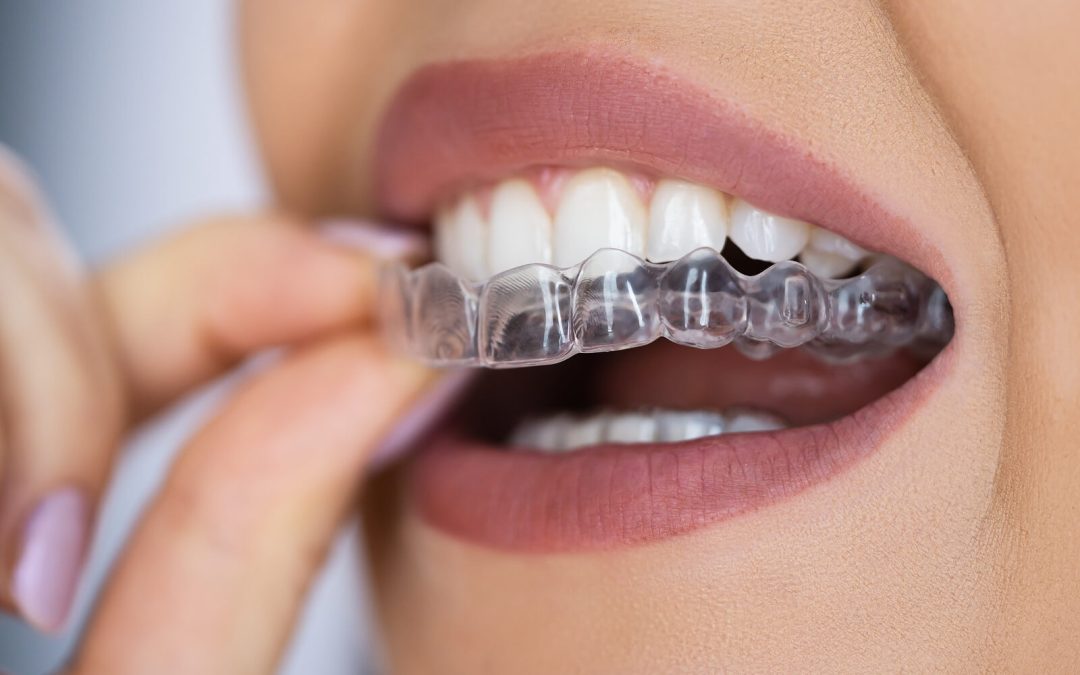
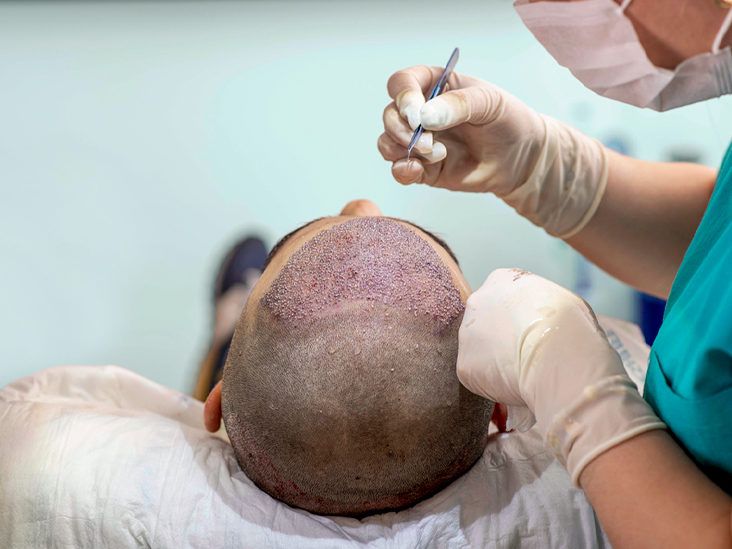
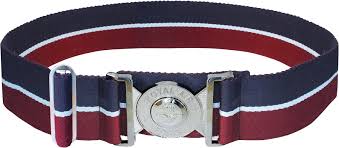
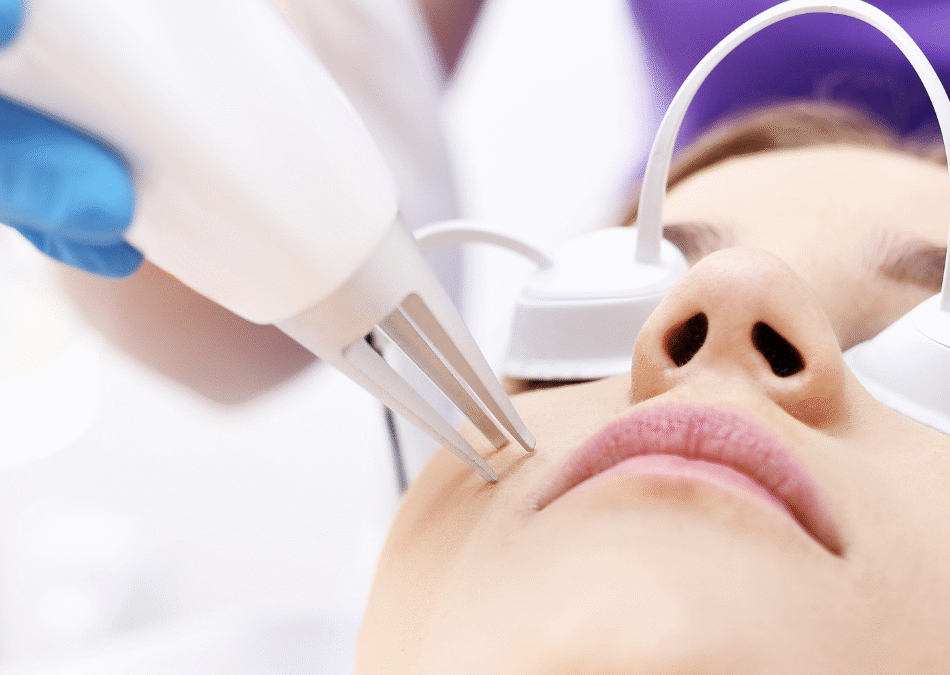
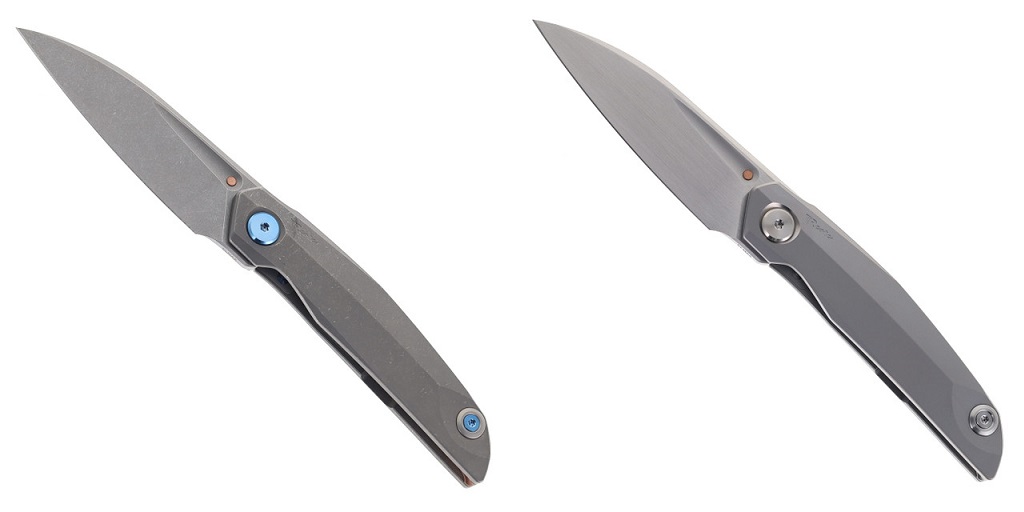
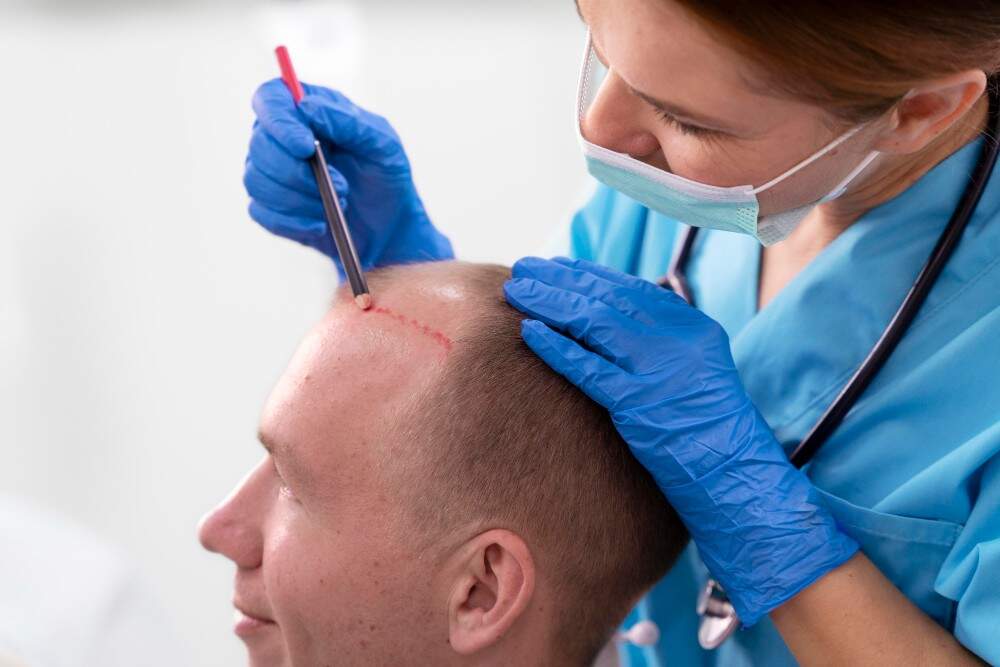
0 Comments